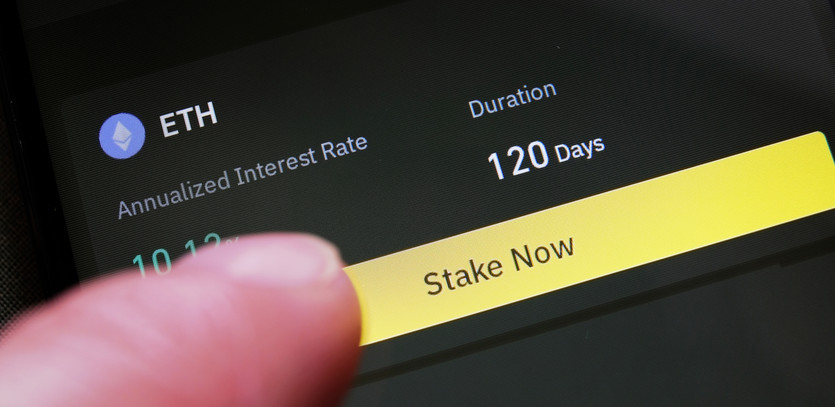Rising Tide of Staked Ether Since April Network Upgrade
Following Ethereum's Shapella upgrade in April, the quantity of staked Ether continues to surge, hitting a new milestone with over 23 million Ether staked in June.
Analytics firm Nansen reports that as of June 27, a staggering 23.3 million Ether was staked, equating to around $43.1 billion at the time and accounting for nearly 20% of Ethereum's current total supply worth $220 billion. In contrast, Solana exhibits a staking ratio of 70.58%.
Staking on the Ethereum Blockchain
On the Ethereum blockchain, staking is the act of authenticating transactions. To acquire validator status and bolster the network's security, users put their native ETH tokens on hold, or "stake," and earn rewards for doing so.
Ethereum carried out its Shapella hard fork on April 12, providing validators the ability to withdraw their staked Ether from the Beacon Chain. In the initial week of withdrawals, validators unstaked over a million ETH, leading to a subsequent increase in ETH staking.
Commenting on Ethereum’s Staking Trends
Dave Weisberger, CEO of algorithmic-trading platform CoinRoutes, commented on this development, “The Shanghai upgrade significantly mitigated staking risks by permitting users to stake and unstake freely. This risk reduction has catalyzed a boost in staked Ether and, predictably, Ethereum is rapidly closing the gap with competing chains like Solana in terms of the percentage of the native token staked on the network. This is a strong positive indicator for Ethereum."
Regulatory Focus on Ether Staking
Ether's staking practices have also drawn regulatory scrutiny, with its future status unclear in the United States, as the Securities and Exchange Commission (SEC) intensifies regulations for crypto firms offering staking services.
In February, cryptocurrency exchange Kraken settled with the SEC for $30 million and shut down its staking services for U.S. customers. According to the SEC, the service was tantamount to offering securities, and the exchange was required to procure the appropriate license to operate the service. More recently, the regulator took steps against Coinbase's staking program, arguing it was dealing in securities.
Interestingly, the U.S. is home to the majority of node operators on the Ethereum blockchain, hosting 48% of all validators.




